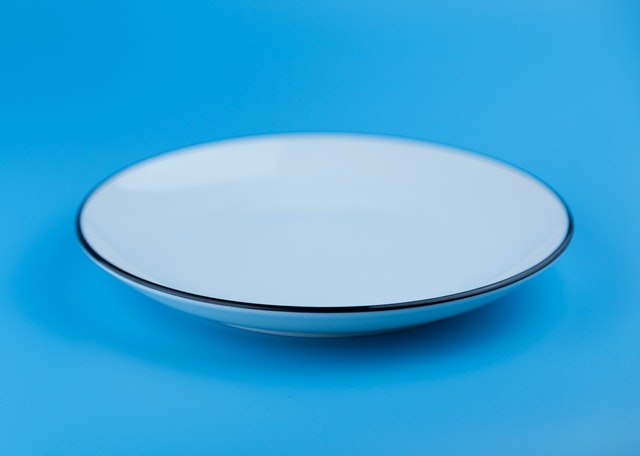Last Updated on November 10, 2021
Yom Kippur fasting tips and fasting do’s & don’ts.
Fasting tips and recommendations from Soroka Medical Center specialists & Adina Ben-Aharon, chief clinical dietitian at Soroka Medical Center. Thanks to Kupat Holim Clalit for sharing this information with us.

The very first thing
Before the fast, no matter what your age, if you are taking any medication, consult with your doctor to discuss whether it is advisable to fast under your health circumstances and ask for instructions on how to conduct yourself on the fast day.
A few days before the fast
Preparation for the fast begins two or three days before the fast
Make sure your are well hydrated – drink around 10-12 cups of unsweetened beverages, preferably water before commencing the fast.
To prevent headaches, gradually reduce consumption of caffeine and theophylline found in coffee, tea, coca cola, chocolate, cocoa, and diet drinks. None of these should not be consumed on the day before the fast.
Make sure to eat set and balanced meals.
The day before the fast
Stay away from sweetened beverages and salty soups which generate a sense of thirst.
Make it a point to eat frequent, small meals. At each meal, make sure to eat carbohydrates such as rice, potatoes and pasta, with a serving of protein such as eggs, cheese, fish and meat, along with a vegetable side dish.
Avoid gassy foods like legumes, cabbage, cauliflower and carbonated beverages.
Even if you do not feel thirsty, make sure to drink plenty of water. Remember the body can survive without food for a month but only 3 days without water.
- Yom Kippur candle lighting times
- Yom Kippur Prayers and Blessings
- Hebrew English Yom Kippur words and phrases – free word sheet
The final meal before the fast
Stay away from alcoholic beverages.
Continue to avoid gassy foods.
To avoid heartburn, aftertastes, and a sense of thirst on the fast day, stay away from salty, spicy and heavily seasoned foods as well as anything fried or fatty.
To avoid a feeling of heaviness, abdominal pressure and fatigue, don’t overeat at the final meal – you’ll have an easier fast if you don’t stuff your stomach.
What to serve at the final meal
- Clear soup – go easy on the salt.
- Complex carbohydrates
- Protein: fish, chicken, turkey, meat, tofu for vegetarians, eggs, and soft cheeses
- Boiled or baked vegetables of any kind (nothing fried)
- Fats: oil, avocado, tahina and humus – these can be tossed in a salad or served separately
- Drinks: water or tea
After the fast
To avoid discomfort, it is important not to overeat immediately after the fast. Eat a small helping of food, take a half hour break and then come back for more. It may take a day or two for your body to completely recover. Overeating or ingesting certain foods too quickly may cause you to experience a bit of nausea, stomachache or even diarrhea.
The first foods that you consume upon breaking a fast are critical to nourish the body, and should not expend much energy to digest and assimilate in the body. Raw fruit juices and fruits contain much water content and are easily digested. Watermelon, grapes and apples (all readily available in the shuk right now) are easily digested, nutritious and provide quick energy. Minimize citrus fruits at first since they may feel too acidic in your stomach. Also, drink a glass of water to re-hydrate your body.
Eggs
Did you know that one egg has 6 grams of protein and all 9 essential amino acids? They are easily digestible so serving eggs after a fast makes good sense. If scrambled, sunny-side up, boiled or poached does not appeal to you, try serving a ‘pashtida‘ – a quiche or savory tart – for an egg-filled, light and nourishing meal.
Gmar Hatima Tova
Gmar Hatima Tova (Heb: גמר חתימה טובה) is the Hebrew expression used leading up to and on Yom Kippur. Its common English equivalent is ‘May you be inscribed in the Book of Life’. Click here for more Yom Kippur words and phrases, with Hebrew, English and transliterations.



I cut my coffee intake 3 to 4 days before the fast and it really helps – I drink warm water instead. I don’t get headaches anymore and do not dehydrate as much. Gmar Hatimah Tova!